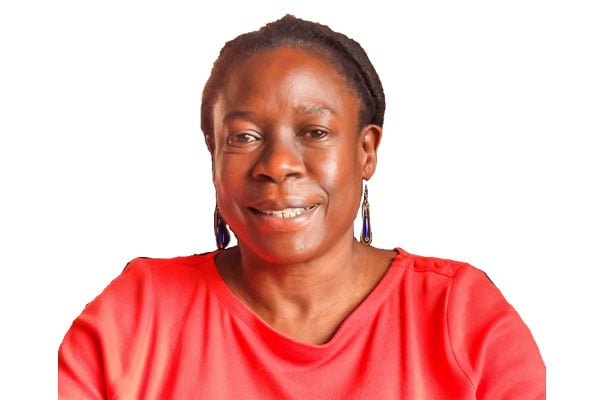In a recent case of intimate partner violence that I encountered, a man took a loaded gun and stormed his estranged wife’s home. He threatened to kill her if she did not return to him with his child.
The woman courageously managed to protect herself by directing the gun away, and thankfully, she was rescued by the community members just in time. The man was arrested and later charged in court where he pleaded guilty and was sentenced to one month of community service.
The community members, however, found this sentence unsatisfactory. They felt that it was impractical to report a case if the perpetrators were going to be given such a light sentence.
As we reflect on the just concluded global campaign on 16 Days of Activism against Gender-Based Violence (GBV), there is a need to highlight the role of justice systems in supporting survivors and ensure that they feel safe and protected by the law.
While a lot of effort is being made by the public justice system to promote access to justice, many survivors of domestic violence are still not able to confidently rely on the system for redress.
One notable weakness is the biased attitude towards cases of violence involving family members or intimate partners. Most actors believe that such cases should be handled using a reconciliatory approach instead of the court prosecution to hold perpetrators accountable. This is understandable, but not applicable to every case. The emphasis is usually to protect the relationship that pre-existed between the parties instead of holding the perpetrator accountable.
Other challenges include delays in the disposal of their cases, lack of resources to push for an adequate investigation of the cases or pursue them in court, lack of witnesses to corroborate their testimonies due to the absence of witness protection laws, and limited application of the trauma-informed and survivor-centered approach during justice procedures among others.
Such survivors often have different experiences with the public justice system depending on their levels of empowerment.
Without the support of a strong justice system, survivors tend to lose trust in the public justice system if they perceive that they cannot get any remedy. They will prefer to suffer in silence rather than report these cases.
Indeed, the UBOS Survey indicates that 4 in 1o (43 percent) of women who had been physically abused had never sought help after the abuse and 3 in 10 women who were physically abused had never told anyone. For fear of victimization and threats, they chose to keep quiet as violence goes on unabated.
The World Health Organization (WHO) states that violence has a disastrous impact on women’s health and well-being, and it becomes difficult for them to fully participate in society and be productive in school, their careers, and businesses. This threatens the achievement of sustainable development goals on gender equality.
Violence also results in death.
A global study released in November 2022 by UNODC and UN Women shows that, on average, more than five women or girls were killed every hour by someone in their own family in 2021.
Public justice actors therefore need to appreciate and understand the nature of violence to be able to support survivors effectively. A useful tool for examining domestic violence is the “power and control wheel.” The wheel describes manipulative tactics used by perpetrators of GBV to keep survivors under their control to escape justice. Perpetrators use different physical, economic, sexual, and psychological tactics including intimidation or threats of physical harm or of taking children away from the survivor; making an extraordinary effort to please their victims for instance by buying expensive gifts or doing things they normally wouldn’t do, after an episode of abuse; withdrawing all finances from the victim or survivor if he is the sole breadwinner of the family; using her family members to make her withdraw any complaints; and so on.
With these tactics, survivors will either not report any abuses they experience or if they have reported, they will attempt to withdraw the case from police or court citing that they have settled the case or become uncooperative. Usually, public justice actors will have no choice but to close the case, which is unfortunate because these actions are not voluntary, but a result of manipulation.
I urge justice actors to enhance efforts to identify and understand the nature of cases of GBV so as to respond without bias. The government should also invest in enhancing the delivery of services in the chain of justice by addressing the barriers highlighted in this article.
Ms Atim is the legal coordinator at International Justice Mission (IJM) Uganda









Discussion about this post